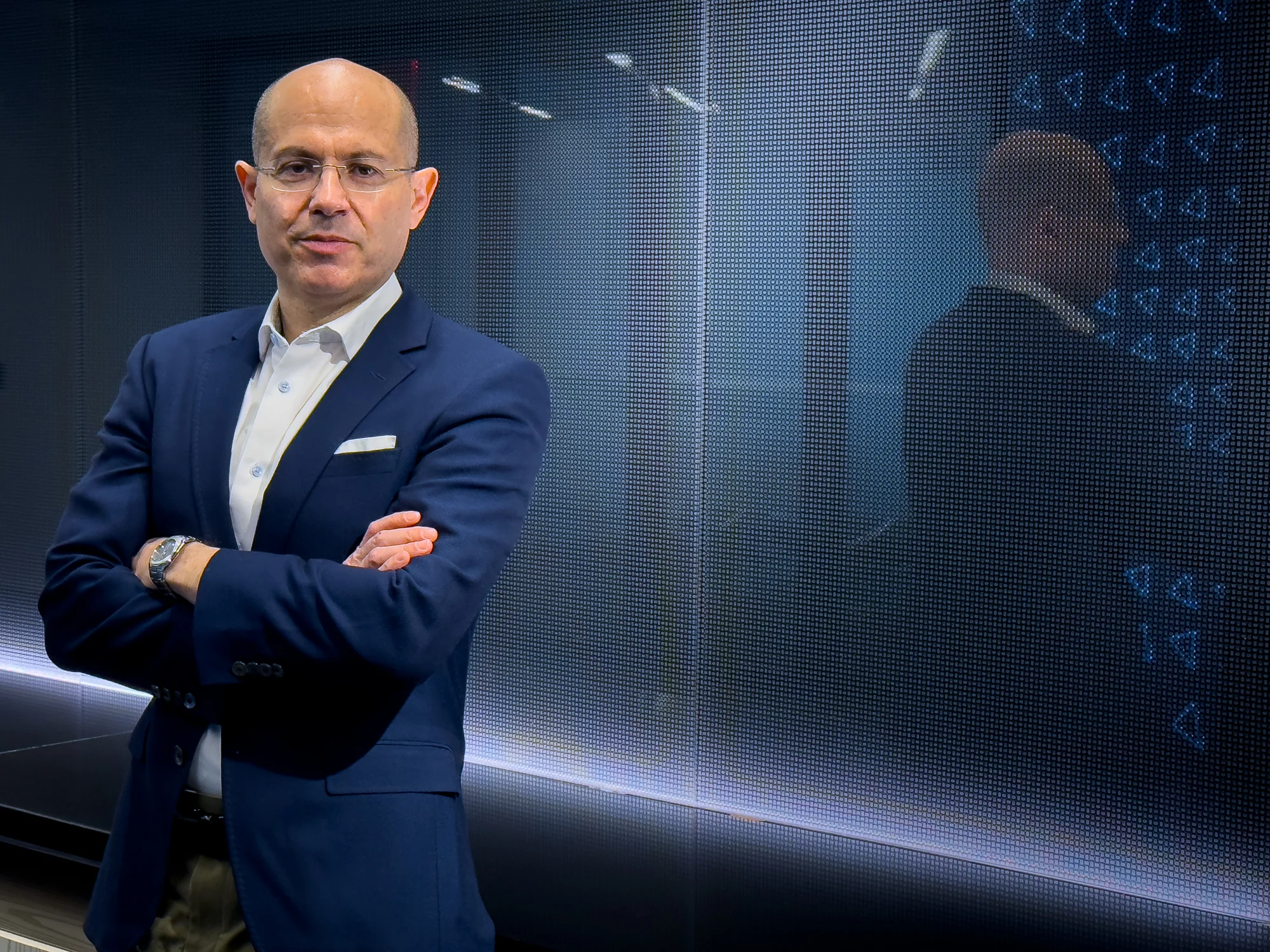
"The intersection of quantum physics and practical applications is where the most exciting opportunities lie. We're investing in the companies that will bridge this gap."
Q: How do you see quantum technology reshaping the world?
The pace of innovation in quantum computing is accelerating so rapidly that predicting its ultimate impact is difficult. However, one likely outcome is a convergence of quantum computing, classical computing, and AI. This hybrid approach could unlock breakthroughs in drug discovery, materials science, and beyond—leading to advancements such as more efficient batteries or next-generation superconductors.
But quantum technology extends far beyond computing, which is what makes this field so exciting. For example, quantum sensors have the potential to revolutionize medical imaging and navigation, providing unprecedented precision in fields ranging from healthcare to aerospace. And this is just the beginning.
Quantum mechanics is one of the most powerful and intricate frameworks in science. As our ability to control and manipulate quantum systems improves, I'm convinced we will continue to uncover new, transformative applications across industries.
Q: What advice do you have for emerging scientists in quantum physics?
Great ideas can come from anywhere—physics, engineering, chemistry, computing, and beyond. Stay open to insights from across disciplines. While specialization is essential, investing time in understanding adjacent or even seemingly distant fields can be invaluable. Engage with experts in other domains, learn how they approach problems, and explore the major challenges they face.
This cross-disciplinary perspective is often where the most groundbreaking ideas emerge. You may be the one who connects concepts from different areas to drive the next major breakthrough in quantum science.
Q: Which of your past publications excites you the most today?
Much of my research has focused on the fundamental properties of quantum systems, and some of the ideas that once seemed purely theoretical are now becoming increasingly relevant to real-world applications. One area that continues to excite me is my work on topological phases of matter, and in particular combinatorial gauge symmetry, in relation to quantum materials and fault-tolerant quantum computing. The idea that we might be able to use this approach to synthesize exotic quantum states in order to build more versatile quantum circuits and novel quantum processors is something I believe will play a significant role in the future of the industry.
What excites me the most is seeing how these ideas, once largely confined to theoretical physics, are beginning to catalyze experiments which could ultimately result in commercial quantum technologies. The pace of progress is accelerating, and I believe we're just scratching the surface of what's possible.
Read more on Google Scholar: Click here
Q: What excites you most about investing in quantum technologies?
We're at a defining moment where three powerful forces are converging: dramatic scientific breakthroughs in quantum technology, an intensifying global race for quantum supremacy spanning both commercial and national security interests, and the emergence of a vibrant quantum industry with rapidly evolving business models. For me, this moment presents the perfect opportunity to merge my twin passions for physics and finance, stepping into the investment landscape just as quantum technology reaches this critical inflection point.
Biography
Dmitry Green is the Chief Science Officer and General Partner at Quantum Coast Capital (QCC), where he leads the firm's technical due diligence and investment strategy in quantum technologies. With over two decades of experience in quantum physics and a strong background in quantitative finance, Green brings a rare combination of deep scientific expertise and strategic investment acumen to QCC.
Green, who is currently an Adjunct Professor of Physics at Boston University, is widely recognized for his work on quantum spin liquids and topological phases of matter—concepts central to quantum computing and advanced materials science. One of his most influential works, "Paired States of Fermions in Two Dimensions […]" (Physical Review B), has been cited nearly 4,000 times and remains foundational to the study of topological quantum materials.
His current research focuses on realizing synthetic topological matter using readily available superconducting circuit elements and aims to bridge the gap between theoretical topological states and practical quantum hardware implementation. It has been published in Physical Review Letters and other leading journals. Examples include: the realization of classical spin liquids in a programmable quantum device leveraging the novel concept of combinatorial gauge symmetry – an Editors' Suggestion – and a fresh proposal for synthesizing topological superconductors using Cooper-pair splitters as circuit elements, which was written with his co-workers at Boston University, University of Washington and the Center for Quantum Devices at the Niels Bohr Institute.
Beyond academia, Green spent over 15 years in hedge fund management, where he developed sophisticated techniques and processes to navigate complex and volatile markets and to optimize portfolios. His ability to bridge quantum science and finance uniquely positions him to assess high-impact investment opportunities and drive commercialization efforts in the quantum sector.
At QCC, Green oversees the firm's scientific evaluation of emerging technologies, portfolio strategy, and partnerships with industry and academic leaders. His leadership ensures that QCC invests in technologies with both groundbreaking scientific potential and scalable real-world applications.
Green's appointment comes at a pivotal time as quantum technology transitions from research to industry-scale deployment. With a firm belief in the transformative power of quantum mechanics, he remains dedicated to advancing innovations that will redefine industries and accelerate scientific discovery.